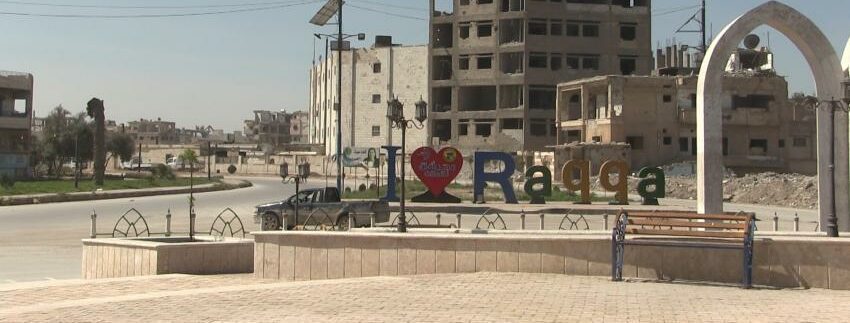Salwa al-Sayyed, the co-chair of the Finance Board in the Autonomous Administration of North and East Syria, and a member of the Economic Management Crisis Team, said on [11 July, 2020] that the administration started to establish centers for food distribution to sell to citizens at low prices.
“Some of these centers were completed in the Jazira region, and the materials will be sold to the residents at low prices, and we will open such centers in both Raqqa and Deir ez-Zor in the coming days,” al-Sayyed stated.
In a meeting, the Economic Management Crisis Team decided to support self-sufficiency projects, from greenhouses and fridges for vegetables, in addition to improving the quality of bread, according to al-Sayyed.
“These projects will include all areas of northeastern Syria, and there will be self-sufficiency projects as we will start carrying them out within the coming days,” she added.
For those who are not employees within the Autonomous Administration institutions, al-Sayyed said that “The Administration is searching for ways to support them through establishing consumer organization projects.”
Regarding high prices, al-Sayyed said: “The Autonomous Administration directed all its departments to address the price rise in the markets.”
Northeastern Syria’s markets witnessed remarkable economic stagnation and an unprecedented rise in the prices of goods, which greatly affected the purchasing power of the population in light of the collapse of the Syrian pound against foreign currencies with the application of the Caesar Act.
The Autonomous Administration of North and East Syria formed an economic crisis team on June 8 to mitigate the repercussions of the Caesar Act.
The economic team consists of officials of the Executive Council, the Finance Board, the Economic and Agriculture Board, in addition to economic experts, according to the official media of the Autonomous Administration.
During this period, the priorities of the economic crisis cell of northeast Syria focuses on “taking care of the issue of energy and electricity, increasing the number of operating hours and addressing the defect in some electric feeding areas,” according to al-Sayyed, without revealing the mechanism for that.
All regions of northeast Syria suffer from a shortage of drinking water, especially in the city of Hasakah and its countryside, due to Turkey’s suspension of the Alouk water station and the seizure of the Euphrates River, and the significant decrease in the number of operating hours of electricity as Turkey detains Syria’s share of the percentage of the water which reaches it through the Euphrates River.

